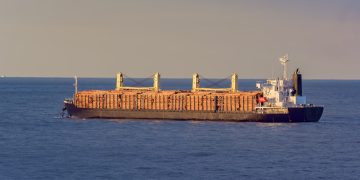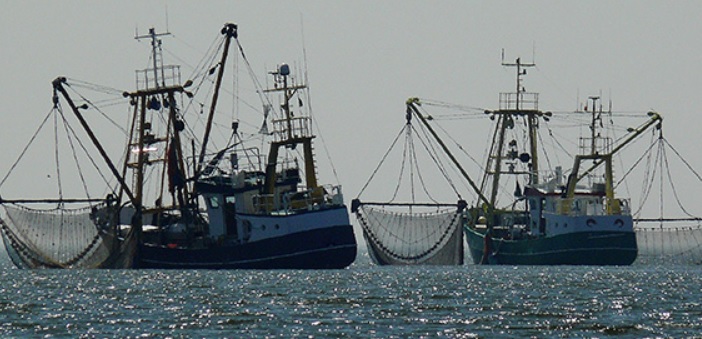In a recent paper, the United Nations Office on Drugs and Crime (UNODC) focused on different examples of fisheries crime to illustrate its various methods, its extent and its economic value. Fisheries crime relates to a range of illegal activities in the fisheries sector, frequently transnational and organized in nature, including illegal fishing, document fraud, drug trafficking, and money laundering.
Criminals engaging in fisheries crime may be involved in a range of illegal activities including: transshipment of marine resources; illegal fishing; corruption; money laundering; and document, tax and customs fraud, among others.
–> Fisheries crime and Transnational Organized Crime

- Transnational groups hide through a web of financial havens, privacy laws and corporate structures present in more than one legal jurisdiction, posing a complex problem when trying to trace their crimes.
- Combating fisheries crime poses multiple law enforcement challenges, such as an effective investigation of ownership or control of fishing vessels.
An approach to fisheries crime similar to corporate crime cases is thus necessary, with the need to look for patterns and gather information involving tax havens and bank secrecy. Information sharing is also vital as part of an intelligence-led investigation.
- Fisheries crime is often clandestine with few witnesses. It is difficult to know who the ultimate beneficiaries and instigators are since the persons detained on a vessel may be the only identifiable offenders and, in this regard, regular methods of investigation are hard to use to stem this crime. Given the transnational nature of most fisheries crime, cross-border cooperation is therefore key, as is multi-agency coordination.
The complexity of this crime is compounded, by the need to thoroughly understand the nature of fisheries crime as a series of organized criminal activities carried out within the fisheries sector, so that it can be treated at the same level as, for example, money laundering or tax fraud. Some approaches in this regard would be to identify all activities that constitute fisheries crime in order to link them to transnational organized crime more clearly when drafting national laws, and include more criminal provisions in domestic fisheries legislation.
–> Fisheries crime and illegal fishing

- One facet of fisheries crime at a transnational organized level is large-scale, illegal fishing which threatens the stability of coastal communities, particularly in developing regions:
In areas such as West Africa and South East Asia, small-scale or artisanal fishers depend on sustained stocks of near-shore fish for their livelihood and as a subsistence food source. Considering the already-strained fish stocks in these regions, these groups are increasingly vulnerable. As fish is a key source of animal protein in many coastal countries, diminishing fish stocks puts an increased strain on local and national food security which in turn can make Governments more unstable.
–> Fisheries crime and economic crimes

- One of the multiple types of crimes that take place in the fisheries sector is corruption. As a facilitator of organized crime, it is intertwined with other types of crime carried out in the fisheries sector, including smuggling and potentially human trafficking.
- By corrupting law enforcement officials and border or port guards, corruption also enables the smuggling of illegal cargo, such as illicitly caught fish.
- Corruption is also associated with the use of flags of convenience, in which criminal networks exploit the unwillingness or inability of the States where ships are registered in exercising their criminal jurisdiction over the vessels when the latter engage in fisheries crime.
In particular, fisheries crime adversely affects less developed and unstable countries, where criminals exploit weak institutions and the lack of a culture of transparency. Money laundering from fisheries crime can affect government functions and perpetuate weak institutions.
What can be done?
- Law enforcement:
- Stem the over-exploitation of marine resources:
- Consumer markets actions
- International cooperation
- Policy and legislative review & reform
- Enhancing criminal justice sector and law enforcement response to fisheries crime
Explore more herebelow:


































































